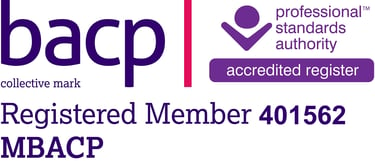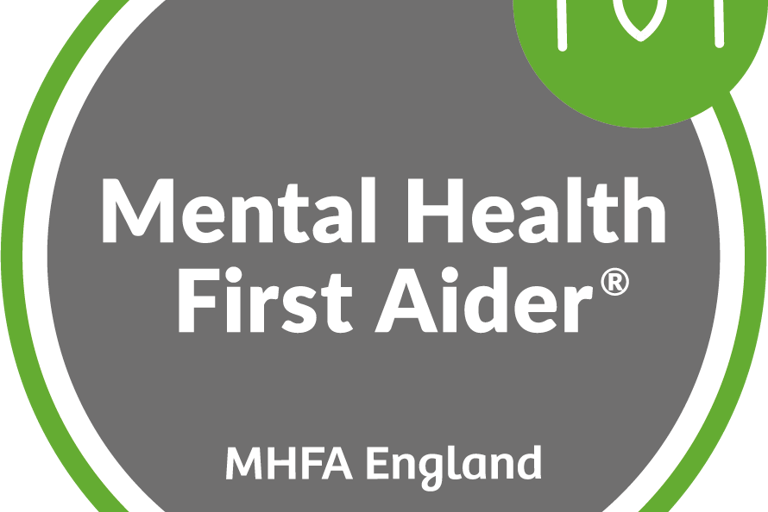Embracing Conflict: New Strategies for Resolution
7/6/20241 min read


Understanding the Nature of Conflict
Conflicts are an inevitable part of life. Whether it's a disagreement with a coworker, a spat with a friend, or a clash of opinions within the family, conflicts arise in various forms and intensities. The key is not to avoid them but to learn how to handle them effectively. Running away from conflicts doesn't solve the problem; it merely postpones the inevitable. By understanding the nature of conflict, we can better prepare ourselves to face and resolve them.
The Importance of Communication
One of the most critical skills in conflict resolution is effective communication. Open and honest dialogue can pave the way for mutual understanding and compromise. When we communicate our feelings and listen to others, we create a space for empathy and cooperation. Avoiding confrontational language and focusing on 'I' statements instead of 'You' statements can help reduce defensiveness and open the door to constructive conversation.
Finding Common Ground
Another essential strategy in resolving conflicts is finding common ground. Often, conflicts arise because of perceived differences and misunderstandings. By identifying shared goals and interests, we can shift the focus from what divides us to what unites us. This approach can help de-escalate tensions and foster a collaborative spirit. It's about shifting the perspective from 'me versus you' to 'us versus the problem.'
Embracing Conflict as an Opportunity
Finally, it's crucial to view conflict not as a negative experience but as an opportunity for growth. Conflicts can lead to better understanding, stronger relationships, and personal development. By embracing conflict and learning new ways to resolve it, we can turn challenges into opportunities. It's about seeing conflict as a natural part of human interaction and using it as a tool for positive change.
In conclusion, conflicts are a reality of life that we must face head-on. By understanding the nature of conflict, practicing effective communication, finding common ground, and viewing conflict as an opportunity, we can develop new strategies for resolution. Let's stop running from conflicts and start embracing them as a chance to grow and improve our relationships.






